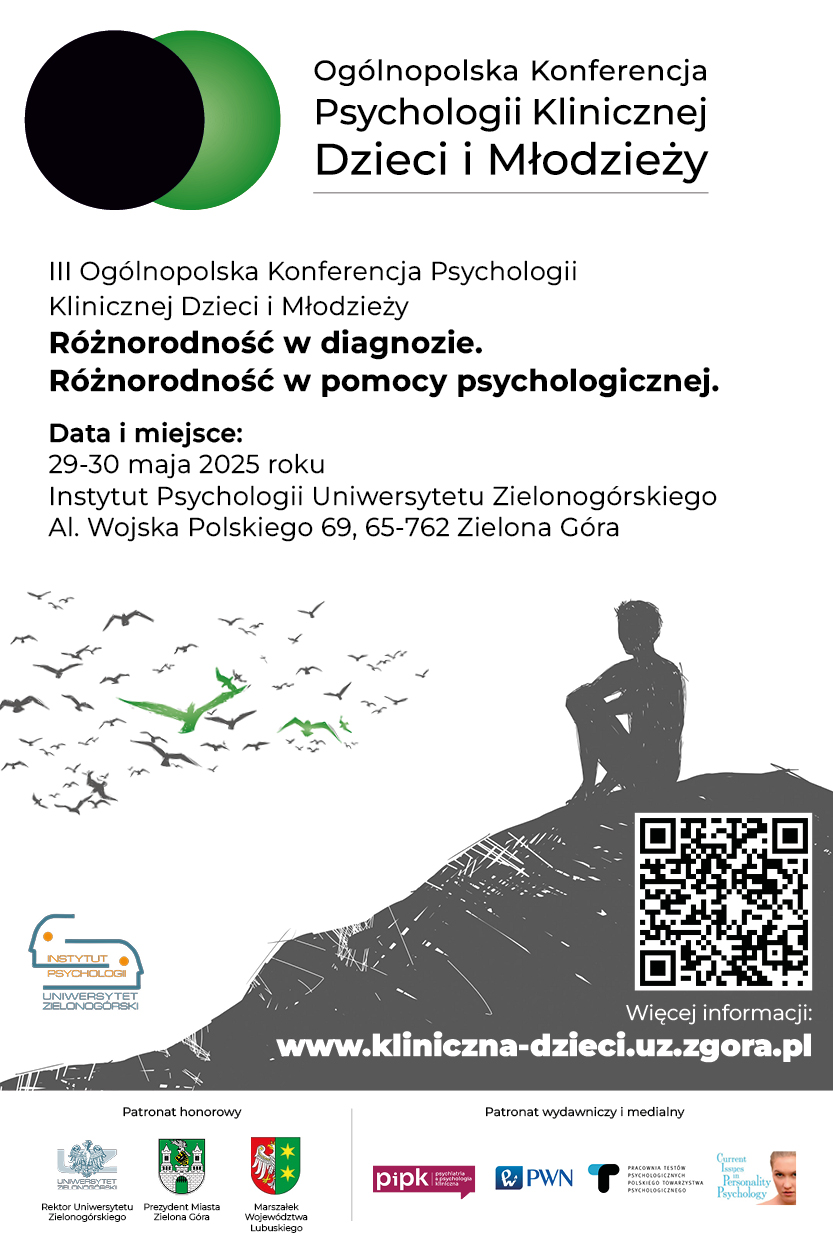Types of parents’ involvement in early childhood development
Barbara Chojnacka-Synaszko
 Affiliacja i adres do korespondencji
Affiliacja i adres do korespondencjiDepending on their involvement in assisting their child’s development, parents may have various chances of improving and refining their childcare, parenting, and therapeutic methods. The objective of this study was to learn the opinions of the parents of children covered by the early intervention/early assisted-development programme regarding their own involvement in the processes, and determining which types of involvement, whether active or passive, the parents seem to practice. The empirical material was acquired in a survey conducted in the form of a questionnaire in May 2015 and June 2016, covering a total of 143 parents. According to our results, the respondents not only follow the recommendations provided by the specialists based at a given support centre (96.5%), but also actively seek information and knowledge related to activities and measures aimed at assisting their child’s development, incorporating them in daily childcare and education routine (88.8%). Most respondents (65%) actively seek the specialists’ advice and opinion related to the child’s education and development as well as keep the child company at the appointments, sessions, and activities held at the centre (63.65%). A large majority (90.2%) combine various types of “active” (self-inspired) involvement with “passive” (specialist-inspired) involvement of supportive character. Each of the parents covered by the study engages in assisting the child’s development at home according to the specialists’ recommendations, or we might say, as inspired by the specialist team. There is a need for enhancing the parents’ “active” (self-inspired) involvement in the child’s situation at the centre (encouraging initiativetaking) as well as the parents’ specialist-inspired involvement in the child’s situation at the centre.






















